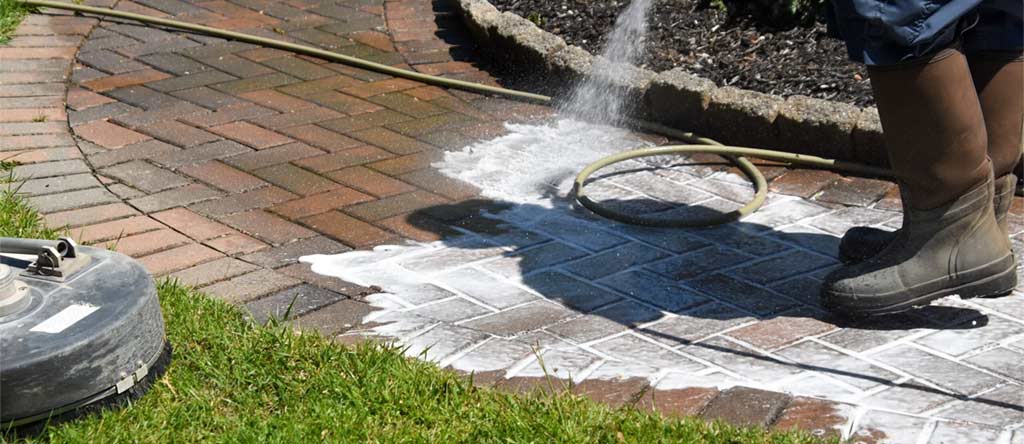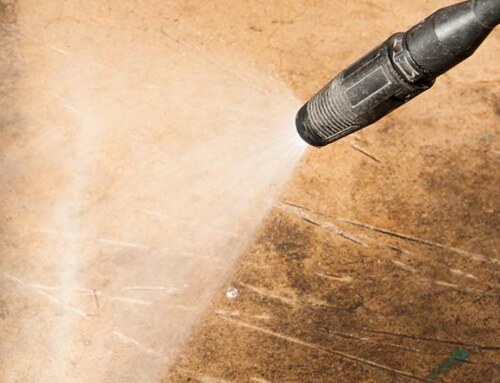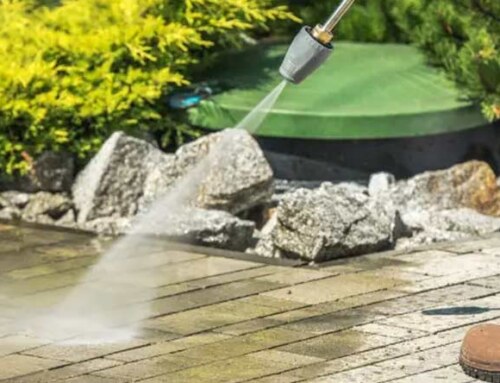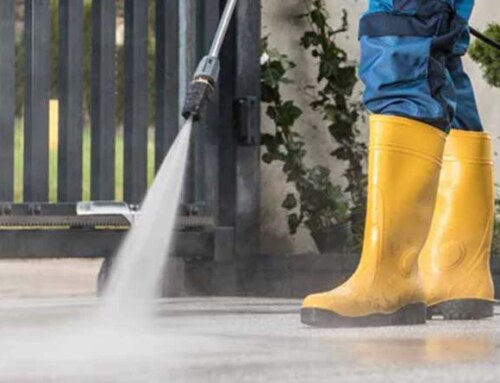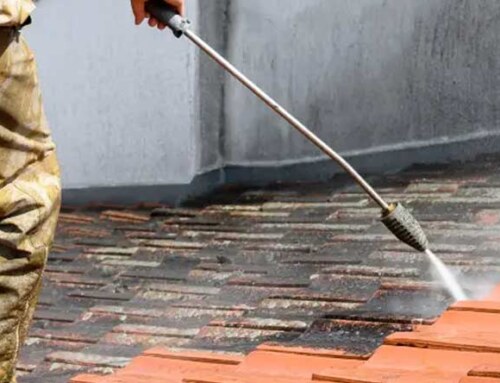Pressure washing is a highly effective cleaning method that can remove dirt, grime, mold, and mildew. However, one of the main considerations or concerns in pressure washing is its use of a large amount of water. Thus, it is important to understand the water usage and sourcing strategies for the profitability and sustainability of pressure washing companies.
The Importance of the Right Water Source
The type of water source pressure washing companies use can affect the quality of cleaning, operational efficiency, and overall cost. This is why it’s essential to understand the various water sources available and their benefits.
At Klein Pressure Washing, we take your costs seriously, which is why we always do our best to keep our operational costs at a minimum. By saving on our operational costs, we can also keep your costs down.
One of the most common sources of water for pressure washing is the municipal water supply. This source is usually readily available and does not require any special arrangements or permits.
| Advantages | Disadvantages |
| Readily available | Can be expensive |
| Consistent water quality | Depending on municipal regulations |
Benefits of Municipal Water Supply
- Availability: Almost every urban and suburban area has access to a municipal water supply, making it the go-to source for many pressure washing companies.
- Consistency: The supply is relatively consistent in terms of pressure, flow rate, and quality.
- No Additional Equipment: Connecting a pressure washer to the municipal water supply is straightforward and usually doesn’t require additional equipment.
Limitations of Municipal Water Supply
- Cost: Municipal water can be more expensive, especially in areas with high water rates.
- Regulations: Sometimes, local regulations may restrict the volume of water usage, especially during drought seasons or water shortages.
Well Water
Well water serves as another vital water source for pressure washing, particularly in rural or less urbanized areas.
| Advantages | Disadvantages |
| Cost-effective | Variable water quality |
| Abundantly available in rural areas | May require treatment or filtration |
Benefits of Well Water
- Cost-Effective: If you own or have access to a well, the operational costs could be reduced since you are not paying for municipal water.
- Independence: Using well water means you are not subject to the same regulations and restrictions as municipal water supplies.
- Availability: Especially in rural areas, well water can be more readily available than municipal water.
Limitations of Well Water
- Water Quality: Well water can have variable quality, sometimes containing minerals or contaminants that could affect the performance of the pressure washing equipment.
- Maintenance: Wells require maintenance and sometimes additional treatments to ensure the water quality is suitable for pressure washing tasks.
Rainwater Harvesting
Another innovative and environmentally friendly source of water is rainwater harvesting. Especially relevant for eco-conscious companies, this method involves collecting and storing rainwater for later use.
| Advantages | Disadvantages |
| Eco-friendly | Limited supply depending on climate |
| Cost-effective | Requires installation of a collection system |
Benefits of Rainwater Harvesting
- Environmental Impact: Harvesting rainwater reduces dependence on municipal water and lessens the environmental footprint.
- Cost Savings: Once the initial investment in the collection system is made, ongoing costs are minimal.
- Supplementary Source: It can serve as a valuable supplementary water source, particularly during times of municipal water restrictions.
Limitations of Rainwater Harvesting
- Initial Investment: The setup for collecting and saving rainwater can be pricey initially.
- Inconsistent Supply: Depending on your geographical location, the amount of water you can collect will vary.
Reclaimed or Recycled Water
Reclaimed or recycled water refers to wastewater that has been treated and repurposed for different uses, including pressure washing.
| Advantages | Disadvantages |
| Sustainable | Quality must be monitored |
| May be cost-effective | Potential regulations and permits |
Benefits of Reclaimed Water
- Sustainability: Using reclaimed water is an excellent way to promote sustainability and reduce the strain on natural water resources.
- Cost-Effective: In some regions, reclaimed water can be cheaper than municipal water.
- Availability: It can be abundant, especially in industrial areas with treatment facilities.
Limitations of Reclaimed Water
- Quality: The quality of reclaimed water can vary, necessitating frequent monitoring and possibly additional treatment to ensure it’s suitable for pressure washing.
- Regulations: In many places, specific regulations govern the use of reclaimed water, requiring permits and adherence to strict guidelines.
Natural Water Bodies
Some pressure washing companies source water from natural bodies like rivers, lakes, or ponds. This is often seen in areas where these sources are abundant and accessible.
| Advantages | Disadvantages |
| Cost-effective | Quality can be highly variable |
| Abundant in certain areas | Environmental impact considerations |
Benefits of Natural Water Bodies
- Low Cost: Natural water bodies often offer a free or very low-cost water supply.
- Availability: Some regions have an ample supply of rivers, lakes, or ponds that can be tapped into for water.
- Convenient for Certain Jobs: In remote areas, using a nearby natural water source can be more convenient and efficient.
Limitations of Natural Water Bodies
- Water Quality: The quality of water from natural sources can be inconsistent and may require filtration or treatment.
- Environmental Impact: Drawing large amounts of water from natural sources can impact local ecosystems.
- Permits Needed: Often, you will need specific permits to withdraw water from natural bodies, adding to the complexity.
Overall, selecting the best water source for pressure washing companies is crucial for operational efficiency, cost management, and environmental sustainability. Each source has unique benefits and limitations. Consequently, Klein Pressure Washing always does its best to find the best source of water, thus keeping your costs at a minimum. Contact us now for more details!
